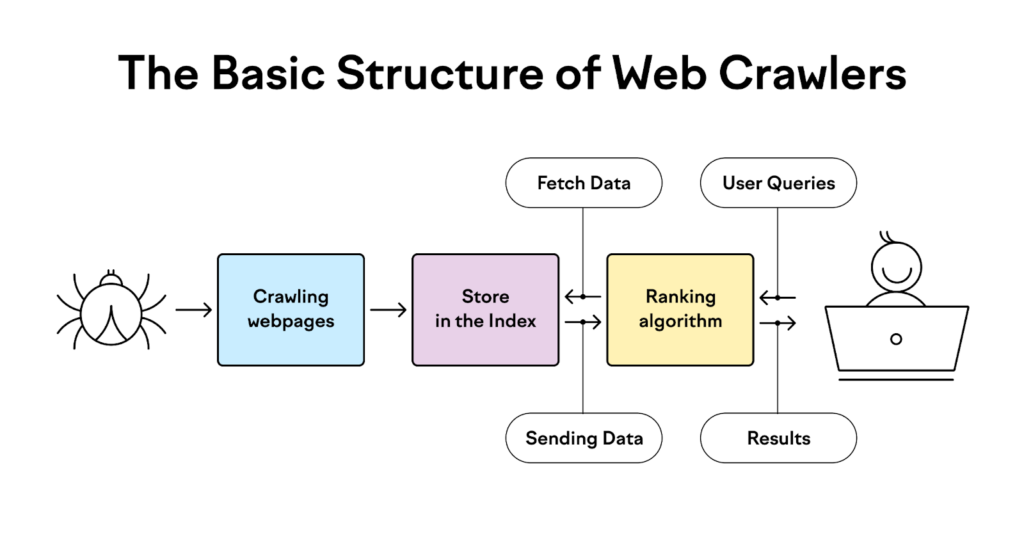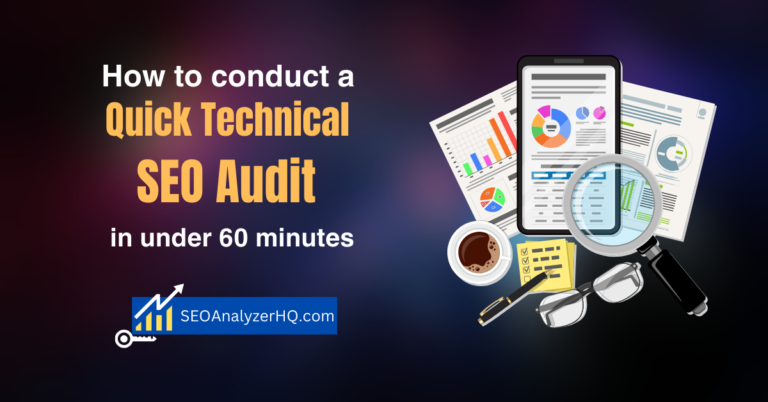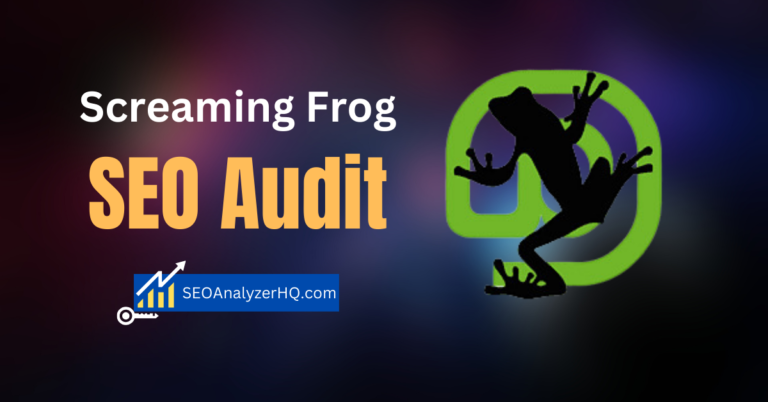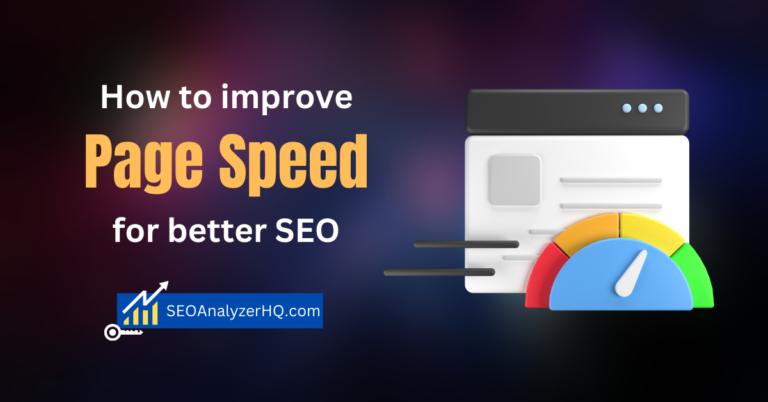What is Crawl Budget and How to Optimize It

Did you know that optimizing your website’s crawl budget can significantly improve how search engines like Google index your site? Crawl budget refers to the number of pages a search engine crawls and indexes on your website within a given period. If you’re running a large website, or even a smaller one with frequent content updates, making sure your crawl budget is optimized is crucial for SEO.
In this guide, I’ll walk you through what a crawl budget is, why it’s important, and how you can optimize it to improve your website’s search performance. Whether you’ve noticed certain pages aren’t getting indexed as quickly as you’d like or you want to ensure your site is running smoothly for search engines, this article will give you actionable tips to make the most out of your crawl budget.
What is Crawl Budget?
So, what exactly is crawl budget? In simple terms, a crawl budget is the number of pages a search engine, like Google, will crawl and index from your website in a given timeframe. Google assigns different crawl budgets to different websites based on several factors, such as your site’s domain authority, server performance, and how often you update your content.

Crawl budget becomes particularly important for larger websites that have hundreds or even thousands of pages. If your website is too large or cluttered with irrelevant content, Google might not get around to crawling the important pages, delaying their appearance in search results.
Factors that Influence Crawl Budget
Several factors determine how much of your site’s content Google or other search engines will crawl. Here’s a breakdown of some key factors:
- Domain authority: High-authority domains are typically crawled more frequently.
- Server speed: If your server is slow or unstable, search engines might limit their crawl frequency to avoid overloading it.
- Page load time: Pages that load quickly are more likely to be crawled often, as search engines prioritize user experience.
- Response codes: If your site has numerous 404 errors or server errors, these can limit your crawl budget since search engines might waste time on pages that can’t be loaded.
- Content freshness: Sites that update frequently with new content tend to get crawled more often.
- Site structure: A well-organized site structure makes it easier for search engines to crawl and index your pages efficiently.
Understanding these factors is the first step to improving your site’s crawl budget and ensuring your important pages get indexed faster.
Common Crawl Budget Wasting Issues
Even with a decent crawl budget, it’s possible to waste it if your site is plagued by technical SEO issues. Here are some common issues that might be eating up your crawl budget:
- Infinite scroll and pagination: Sites with infinite scrolling or poor pagination can confuse search engines, leading them to crawl endless loops of pages.
- Duplicate content: Duplicate content can lead search engines to crawl unnecessary pages, wasting crawl resources.
- Broken internal and external links: Broken links cause search engines to waste time crawling pages that don’t exist or can’t be reached.
- Non-indexable pages: Pages with a “noindex” tag may still get crawled unnecessarily, wasting your crawl budget.
Addressing these issues will help ensure that your crawl budget is focused on the right areas.
How to Optimize Crawl Budget
Now that you know what can affect your crawl budget, let’s dive into some practical steps to optimize it:
- Create an XML sitemap: This is a roadmap for search engines, guiding them to your most important pages.
- Use robots.txt: Block search engines from crawling pages that don’t need to be indexed, such as admin or login pages.
- Fix broken links and 404 errors: Regularly audit your site to identify and repair broken links.
- Use canonical tags: If you have duplicate content, use canonical tags to point search engines to the preferred version.
- Reduce redirect chains: Too many redirects can waste valuable crawl resources. Make sure your redirects are clean and efficient.
By implementing these techniques, you’ll be able to guide search engines towards crawling and indexing your high-priority pages more effectively.
Tools to Monitor and Manage Crawl Budget
There are several tools available to help you monitor and optimize your crawl budget:
- Google Search Console: Provides detailed crawl stats, including how often your site is crawled and any errors encountered.
- Screaming Frog: A powerful tool for analyzing crawl data and identifying issues like broken links or duplicate content.
- Ahrefs/SEMrush: These tools provide additional crawl insights, helping you see how search engines interact with your site.
Using these tools, you can keep track of your crawl budget and make necessary adjustments to optimize your site’s crawlability.
How Often Should You Optimize Your Crawl Budget?
The frequency of crawl budget optimization largely depends on the size and complexity of your site. For larger websites, it’s advisable to perform audits every few months to ensure your crawl budget is being used efficiently. After significant changes, such as a redesign or content overhaul, you should also revisit your crawl budget strategy to avoid any bottlenecks in indexing.
The Role of Crawl Budget in SEO Strategy
Crawl budget optimization should be an integral part of your SEO strategy, especially if you have a large or frequently updated site. An optimized crawl budget ensures that your important pages are crawled more frequently, leading to faster indexing and better search visibility.
By striking a balance between user experience and crawl budget management, you’ll be able to create a website that is not only well-optimized for search engines but also offers a seamless experience for your users.
Frequently Asked Questions (FAQs)
What is a crawl budget?
A crawl budget is the number of pages search engines like Google will crawl and index on your website within a specific timeframe. Optimizing your crawl budget ensures that search engines focus on your most important pages.
Can I increase my crawl budget?
Yes, you can increase your crawl budget by improving your site’s domain authority, server speed, and content quality. Search engines will prioritize your site more often if these elements are optimized.
How do I know if my crawl budget is being wasted?
You can identify crawl budget waste through tools like Google Search Console and Screaming Frog, which provide reports on crawling patterns, broken links, and other SEO issues.
Is crawl budget optimization necessary for small websites?
While crawl budget optimization is more critical for larger websites, small websites can still benefit from it by ensuring their key pages are indexed quickly and efficiently.
Does a slow website affect my crawl budget?
Yes, slow page load times can limit your crawl budget, as search engines may reduce crawling frequency to avoid overwhelming your server. Improving site speed is an essential factor in optimizing crawl budget.
Conclusion
Crawl budget optimization is an often overlooked aspect of SEO, but it is critical to ensuring that search engines crawl and index your website efficiently. By understanding the factors that influence your crawl budget, addressing common issues, and regularly auditing your site, you can improve both your SEO performance and your site’s user experience.
Got any questions about crawl budget optimization? Drop them in the comment section below, and let’s discuss how you can make the most of your crawl budget!
By following this guide and implementing the best practices, you can ensure that your website is optimized for efficient crawling, leading to better SEO results and improved search engine visibility.





